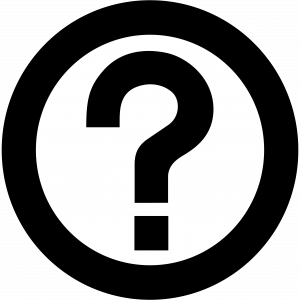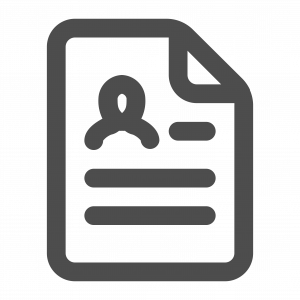Journal Articles
 Introduction
Introduction
Among the first journals on record is the Philosophical Transactions of the Royal Society. This journal, established in 1665, shared research and findings about science. Today, many journals exist across all disciplines. They are a common way for new research to be published, so it’s critical that engineering students and professionals are able to use them effectively. In this module, you’ll learn about journal articles – what they are, how to read them, where you can find them, and how to search for them.
 Modes of Learning
Modes of Learning
In this module, students will use the following modes of learning:
- Videos and short assessments
- An activity in which you practice developing a search strategy
This module will take approximately 35 minutes to complete.
 Intended Learning Outcomes
Intended Learning Outcomes
By the end of this module, you will be able to…
- Recognize the importance of journal articles in engineering research
- Identify strategies for reading a journal article
- Use different approaches to finding journal articles such as through a journal website, Google Scholar, or a library database
- Conduct a search for articles using Engineering Village
 Key Terms & Concepts
Key Terms & Concepts
- Journal
- Peer review
- Database
- IMRAD
- Search strategy
- Main concept
- Boolean operator
 Topic 1: Introduction to Journal Articles
Topic 1: Introduction to Journal Articles
This video will introduce journal articles. You will learn about what a journal is, what peer review means, and why journal articles are important for engineering research.
Watch Introduction to Journal Articles in full screen.
 Quiz
Quiz
 Topic 2: Reading Journal Articles
Topic 2: Reading Journal Articles
In this next video, you will learn about how to read a journal article. More specifically, you will learn about IMRAD structure and how to use the three-pass approach as a strategy for reading journal articles.
Watch Reading Journal Articles in full screen.
 Quiz
Quiz
 Topic 3: Finding Journal Articles
Topic 3: Finding Journal Articles
Now you will learn about how to find journal articles; specifically, you will learn how to use a journal to find articles, how to use Google Scholar, and how to use databases.
Watch Finding Journal Articles in full screen.
 Quiz
Quiz
 Topic 4: Building a Search Strategy
Topic 4: Building a Search Strategy
In the following video, you will learn how to build effective search strategies. This involves choosing search terms and using Boolean operators.
Watch Building a Search Strategy in full screen.
 Quiz
Quiz
 Topic 5: Searching in Engineering Village
Topic 5: Searching in Engineering Village
In this final video, you will learn about Engineering Village, including an overview of its content and search features. You will also watch a demonstration of a search and learn how to modify a search by using filters.
Watch Searching in Engineering Village in full screen.
 Quiz
Quiz
 Summary
Summary
In this module, you learned why journal articles are an important source of information for engineering research. You acquired strategies for reading a journal article using your understanding of the typical structure of an article and using a three-pass approach. You also learned where you can find articles, how to build a search strategy, and how to search using Engineering Village. Now you’re ready to start exploring the journal literature and discovering the exciting research that’s being done.
 References
References
[1] S. Keshav, “How to read a paper,” SIGCOMM Comput. Commun. Rev., vol. 37, no. 3, pp. 83–84, Jul. 2007, doi: 10.1145/1273445.1273458.
[2] Elsevier. “Ei Compendex” https://www.elsevier.com/solutions/engineering-village/content/compendex (accessed Oct. 7, 2021)
[3] Elsevier. “Inspec: Engineering Research Database” https://www.elsevier.com/solutions/engineering-village/content/inspec (accessed Oct. 7, 2021).

